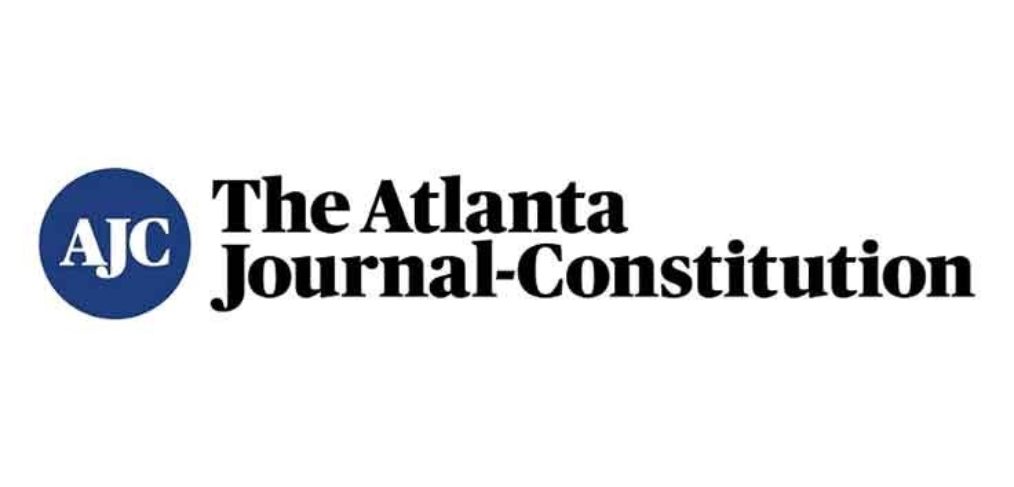
Election Day blues: Could education provide the antidote to voter cynicism?
Election Day blues: Could education provide the antidote to voter cynicism?
The midterm elections are around the corner and even though we will soon know who controls the House and who controls the Senate, it’s hard to say whether anyone actually will win, in the fullest sense of the word.
The president’s approval ratings are abysmal, while approval ratings for Congress barely crack the double digits. Are we “on the right track”? No. Are things “getting better”?
No. However the pollsters might phrase the question, our answers make clear that Americans are in a sour, cynical mood.
It seems like we’ve been in this funk forever, but I can remember exactly 30 years ago when the national outlook was best captured by a confident, upbeat political ad proclaiming, “It’s morning again in America.” Full of billowing flags and smiling, sun-dappled faces, the ad may have been a brilliant piece of political propaganda, but there’s no doubt it reflected the mood of most voters in that moment.
Fast-forward to 2014, and the morning after Election Day will feel just about as pessimistic as the night before Election Day. With narrow majorities and highly polarized caucuses in both chambers, Congress appears destined for two more years of foot-dragging, chest-thumping and finger-pointing.
It’s as if the body politic has suffered a stroke, and we’ve lost the muscle memory that used to propel us forward. If we ever intend to get moving again, everything depends on conjuring up the will and determination to take that first step – however painful and tentative it might be.
Where, exactly, should we take that step? I believe education is the perfect issue. Every single voter has a stake in our public schools, whether or not they have students enrolled there. Education represents our best hope for expanding the middle class, growing the GDP, shrinking the income gap, and staying competitive in a rapidly changing world.
Beyond the sheer economic benefits, our public schools also represent the purest expression of our shared values. As a nation, we claim to be about merit and opportunity and hard work, yet without a robust system of public education, we quickly devolve into a kind of middle-class aristocracy, where few children born in poverty have any real hope of rising above their birth.
For all these reasons, education is the issue with the greatest potential for cutting across party lines and motivating genuine efforts at reform. And yet month after month, year after year, this is one more issue that goes nowhere on Capitol Hill.
It’s mind-boggling to me that Congress has failed to move a comprehensive education bill since 2001, and most candidates this year barely mentioned the issue, except for the occasional debate on Common Core.
While politicians sit on their hands, concerned parents have been forced into a kind of education arms race, spending ever more of their post-tax dollars to ensure that their kids aren’t pushed down the economic ladder. Private tutors are in such demand that they now earn twice the U.S. median hourly wage of $24.45, and parents competing for homes in the top school districts pay nearly one-third more than the national median home price. Meanwhile, enrollment in the most elite private elementary and secondary schools surged 36 percent between 2007 and 2011.
Parents get it. They know that education is an investment rather than an expense, and they’re willing to invest on their own – often at great personal sacrifice – to ensure that their kids have the best possible shot at the American Dream. But not everyone has the means to invest equally, and so the wealth gap widens as children at the top pull further and further ahead of those at the bottom.
Surely nobody thinks this is a good idea, forcing middle-class parents to spend more in order to keep up and telling poor parents, in effect, that their kids are beyond hope. That’s a vast swath of the American electorate with a very personal stake in moving an education bill and getting it right.
I realize that competing interests and philosophies can complicate the task, but I believe the commonalities here outweigh the differences. We all want a public education system that offers equal opportunities to all our children, while ensuring that America maintains its leading position in the global economy.
So pass a bill already. Do it in the first 100 days of the 114th Congress. Show America that the public interest can still outweigh political calculus and that principle is still compatible with power.
After years of cynicism and inertia, that’s a win we all need – especially our children.
